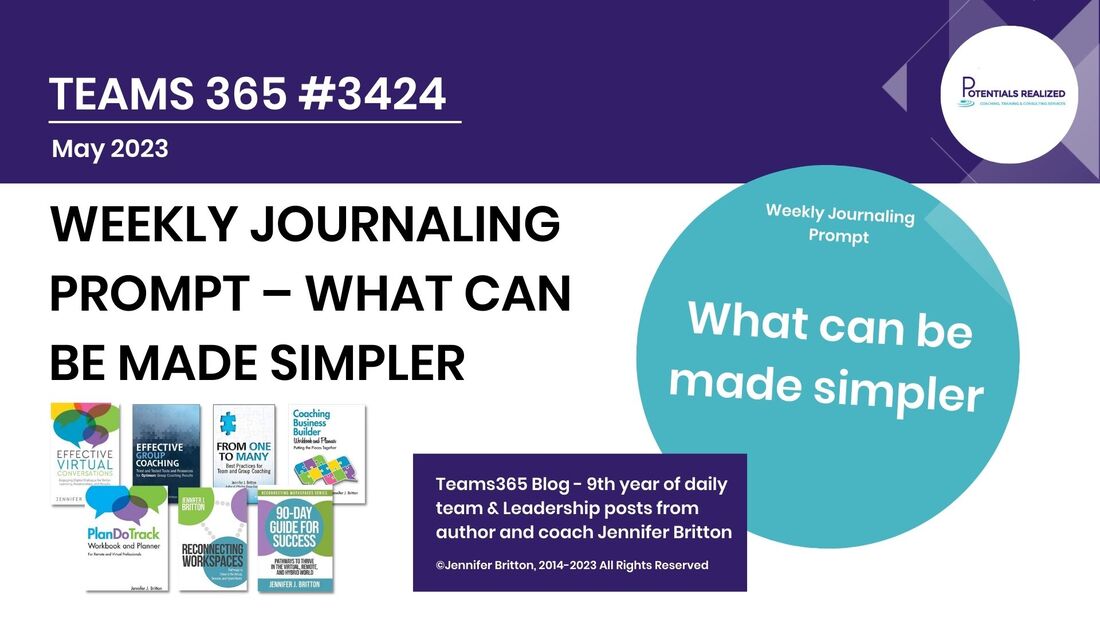1. **The Amygdala's Response to Uncertainty:**
One of the key regions of the brain involved in processing change is the amygdala, which plays a central role in our emotional responses, particularly fear and anxiety. When faced with uncertainty or novelty, the amygdala can become hyperactive, triggering a heightened state of alertness and vigilance. This heightened sensitivity to change is rooted in our evolutionary history, where early humans relied on rapid threat detection to ensure survival in unfamiliar environments.
However, while the amygdala's response to change is essential for detecting potential threats, it can also lead to exaggerated fear responses and resistance to new experiences. Understanding the amygdala's role in our reaction to change can help us manage our emotions more effectively and cultivate resilience in the face of uncertainty.
2. **Neuroplasticity and Adaptation:**
Another fascinating aspect of the brain's response to change is its inherent capacity for neuroplasticity, or the ability to reorganize and adapt in response to new experiences. Neuroplasticity allows our brains to form new neural connections, strengthen existing pathways, and even generate new neurons throughout our lives. This remarkable adaptability enables us to learn from our experiences, acquire new skills, and adjust to changing circumstances.
During periods of change, neuroplasticity plays a crucial role in facilitating adaptation and learning. As we navigate unfamiliar terrain, our brains undergo structural and functional changes that enable us to cope more effectively with new challenges. By embracing change and engaging in activities that promote neuroplasticity, such as learning a new language or mastering a new skill, we can enhance our cognitive flexibility and resilience.
3. **The Role of Dopamine in Reward Processing:**
Dopamine, often referred to as the "feel-good" neurotransmitter, plays a central role in reward processing and motivation. When we experience positive outcomes or rewards, such as accomplishing a goal or receiving praise, our brains release dopamine, reinforcing the associated behaviors and encouraging us to repeat them. Dopamine also plays a crucial role in facilitating learning and memory formation, particularly in response to novel or rewarding experiences.
During periods of change, our brains may undergo fluctuations in dopamine levels as we navigate new challenges and experiences. While change can be accompanied by uncertainty and discomfort, it also offers opportunities for growth, innovation, and personal fulfillment. By harnessing the power of dopamine and seeking out rewarding experiences amidst change, we can cultivate a positive mindset and embrace the journey of transformation.
In Part 2 of this series, we'll delve deeper into the neuroscience of change, exploring additional brain mechanisms and practical strategies for navigating transformation. By gaining a deeper understanding of the brain's response to change, we can empower ourselves to embrace uncertainty, adapt to new circumstances, and thrive in an ever-changing world.
CEO, Head Coach and Author
Potentials Realized | Group Coaching Essentials
Leadership | Teamwork | Coaching
Contact: 1-416-996-8326
Email: [email protected]
Instagram:@ReconnectingWorkspaces @CoachingBusinessBuilder
Pick up a copy of Reconnecting Workspaces: Pathways to Thrive in the Virtual, Remote and Hybrid World at Amazon – https://bit.ly/reconnectingworkspaces.
Check out my latest TEDx talk – Coaching Teams Through Chaos at https://www.ted.com/talks/jennifer_britton_coaching_teams_through_chaos
Set up a call with myself or my team to learn more about how we can support you through our award-winning ICF CCE approved Coach Training programs – https://calendly.com/potentials-realized/group-coaching-essentials

 RSS Feed
RSS Feed





